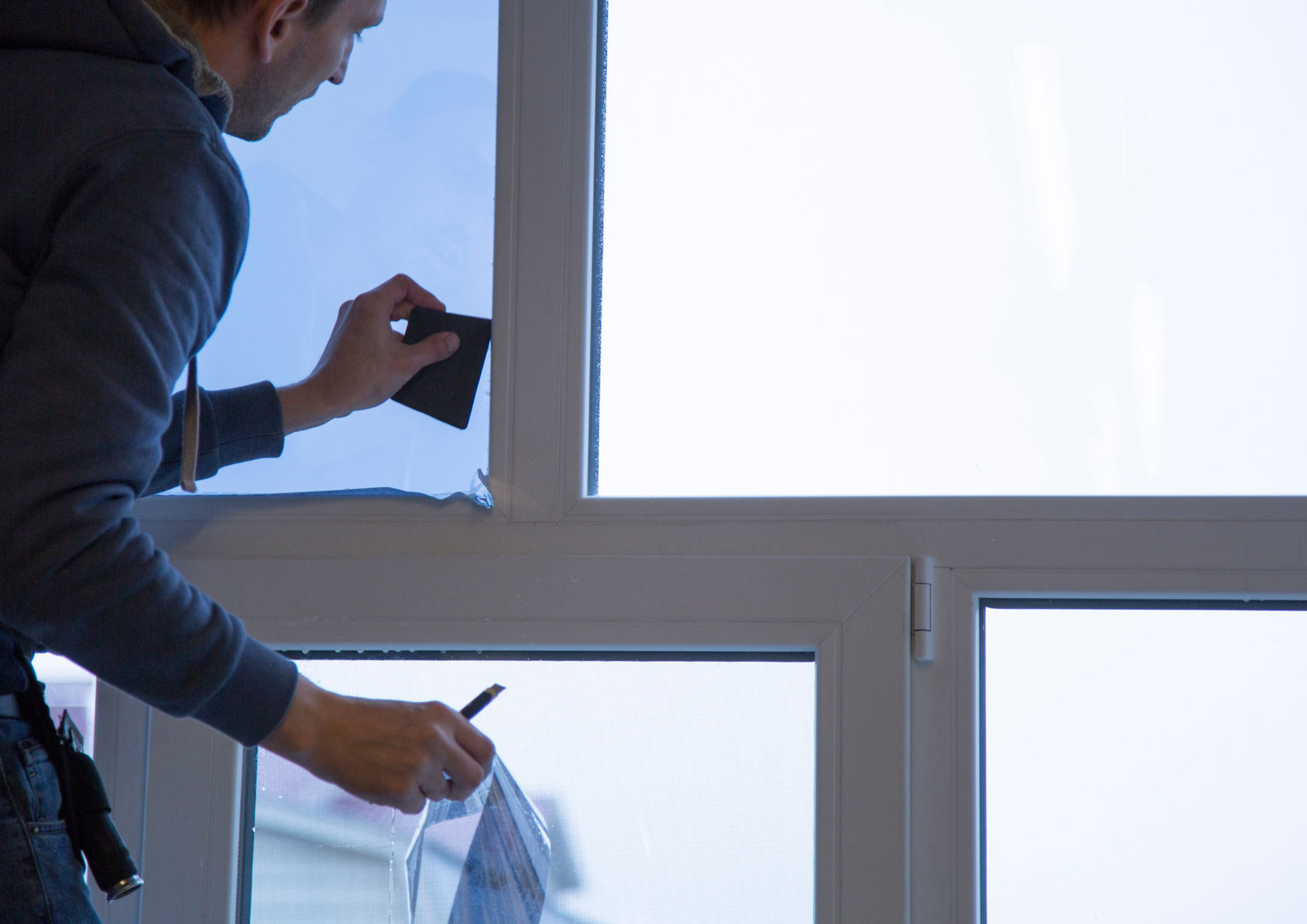The Truth About After-Market Tints on Glass
When it comes to enhancing comfort and privacy in homes and commercial buildings, after-market window tints often enter the conversation. These films can be applied directly onto existing glass surfaces, typically with the aim of reducing glare, controlling heat gain, or adding a layer of visual privacy.
While these products are readily available on the market, it’s important to understand that applying a film after installation can significantly alter the performance of the glass – especially when it comes to thermal efficiency and thermal risk.
How Window Films Affect Thermal Properties
Architectural glass is measured and assessed to perform as specified in its original state. When an additional film is applied, several things may change:
- Heat Absorption: Films can increase the absorption of solar radiation, which may raise glass surface temperatures, and in some cases, increase the risk of thermal stress.
- Solar Control: While some tints are designed to block specific wavelengths of sunlight, applying them can alter the overall thermal performance of the glazing system. For instance, when a tint is applied to the inner pane of a clear insulated glass unit (IGU), it can create a heat bank effect – re-radiating absorbed heat back into the interior space.
- Energy Efficiency: The balance between heat gain and insulation can shift, potentially altering the energy efficiency outcomes expected from the original glazing specification.
- Material Durability: Being organically adhered to the glass, the adhesives and films used can deteriorate over time, depending on the UV stability and quality of the pigments and films used.
In other words, the product may not behave the same way it was designed to once a film is applied.
Viridian’s Position
At Viridian, we manufacture and supply glass that is designed, tested, and warranted to meet its specified performance. This means our products are delivered fit for purpose as requested by our customers.
However, we do not supply after-market tinting films and therefore cannot provide advice on how these products might impact thermal performance, safety, or compliance. Once a film is added, the performance of the glass is altered beyond its original specification, and those impacts need to be assessed by the film supplier or installer.
Warranty Implications
Our warranties apply only to glass supplied and installed in its original, unmodified condition. Any subsequent issues relating to panel performance, breakage, or service life following the application of films or other modifications are the responsibility of the film installer.
Key Takeaways for Building Owners and Designers
- Do Your Research: Before applying an after-market tint, consult directly with the supplier of the film regarding its thermal and safety impacts.
- Understand the Risks: Be aware that films can change how glass behaves in terms of heat gain, glare reduction, and even structural performance.
- Specify with Confidence: If thermal performance is a key requirement, consider glazing solutions that are purpose-designed and tested with solar control or Low E coatings, rather than retrofitted with films where possible.
Final Word
After-market tints may offer solutions for glare or privacy, but they come with important caveats. At Viridian, our focus remains on delivering glass that performs as designed, giving our customers confidence in the safety, efficiency, and durability of their choice.
If you’re considering changes to your glazing, always seek guidance from qualified suppliers and ensure that the products you select are backed by the right testing and warranties.
